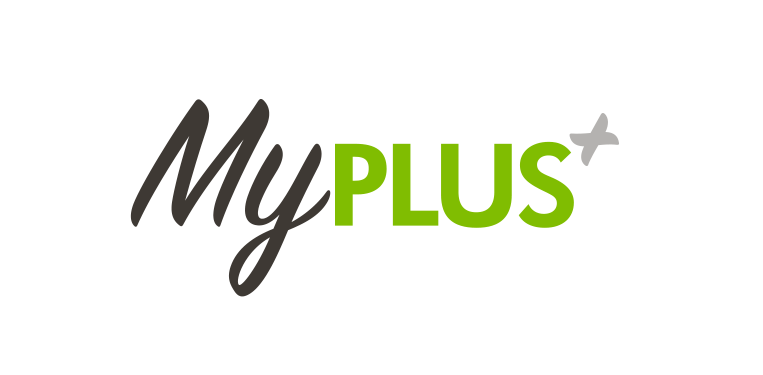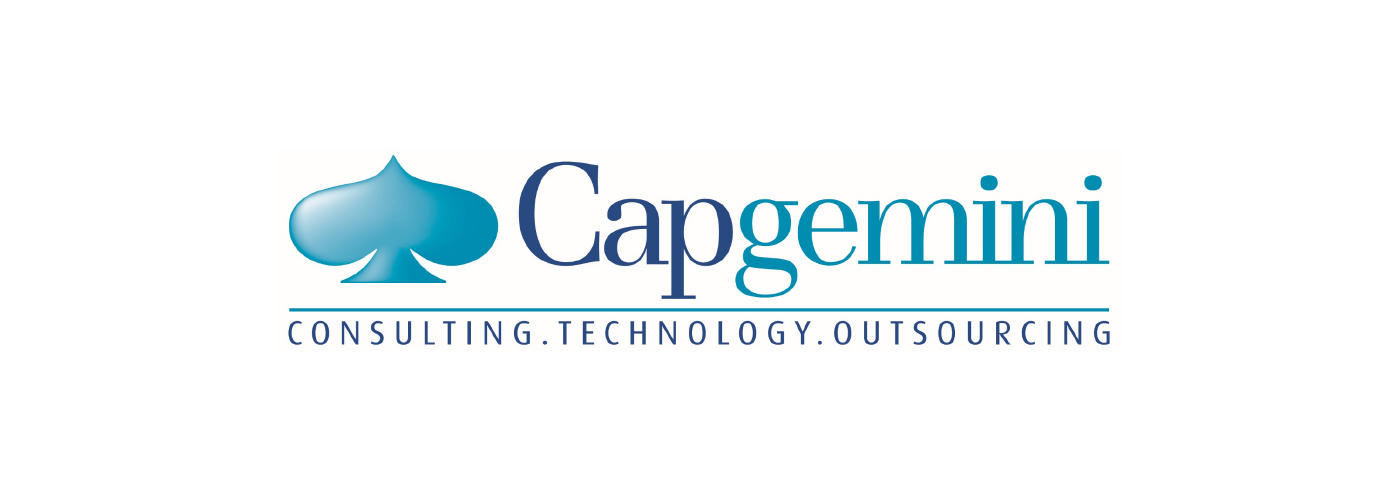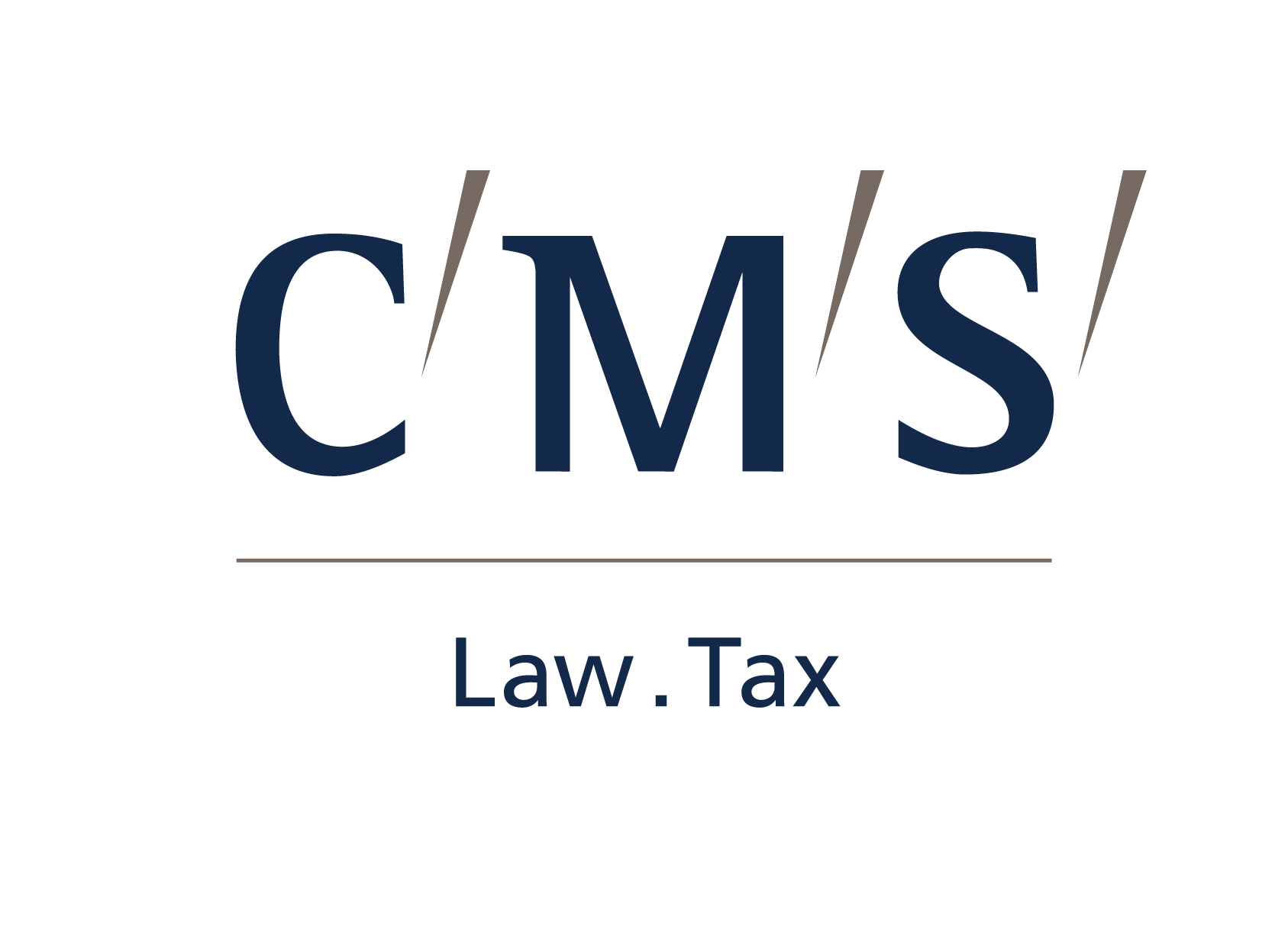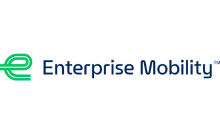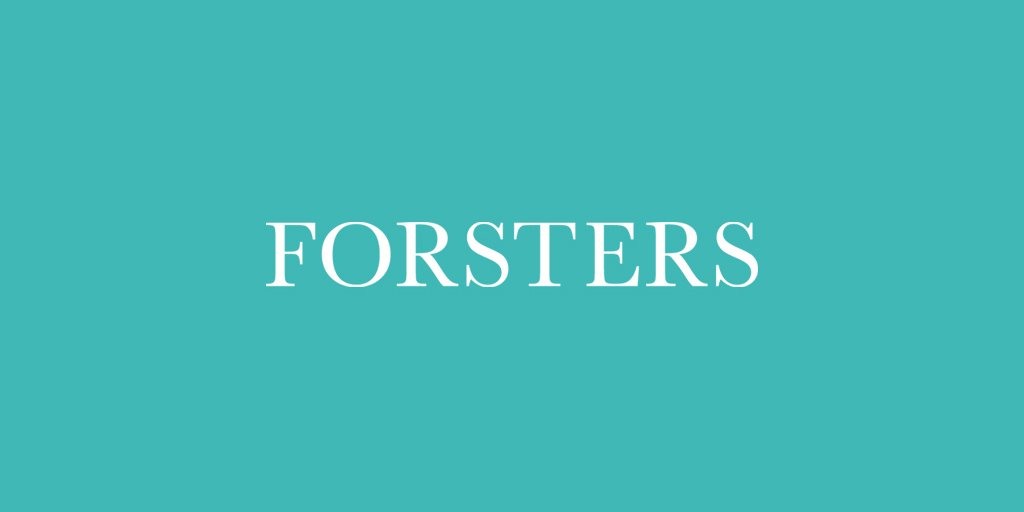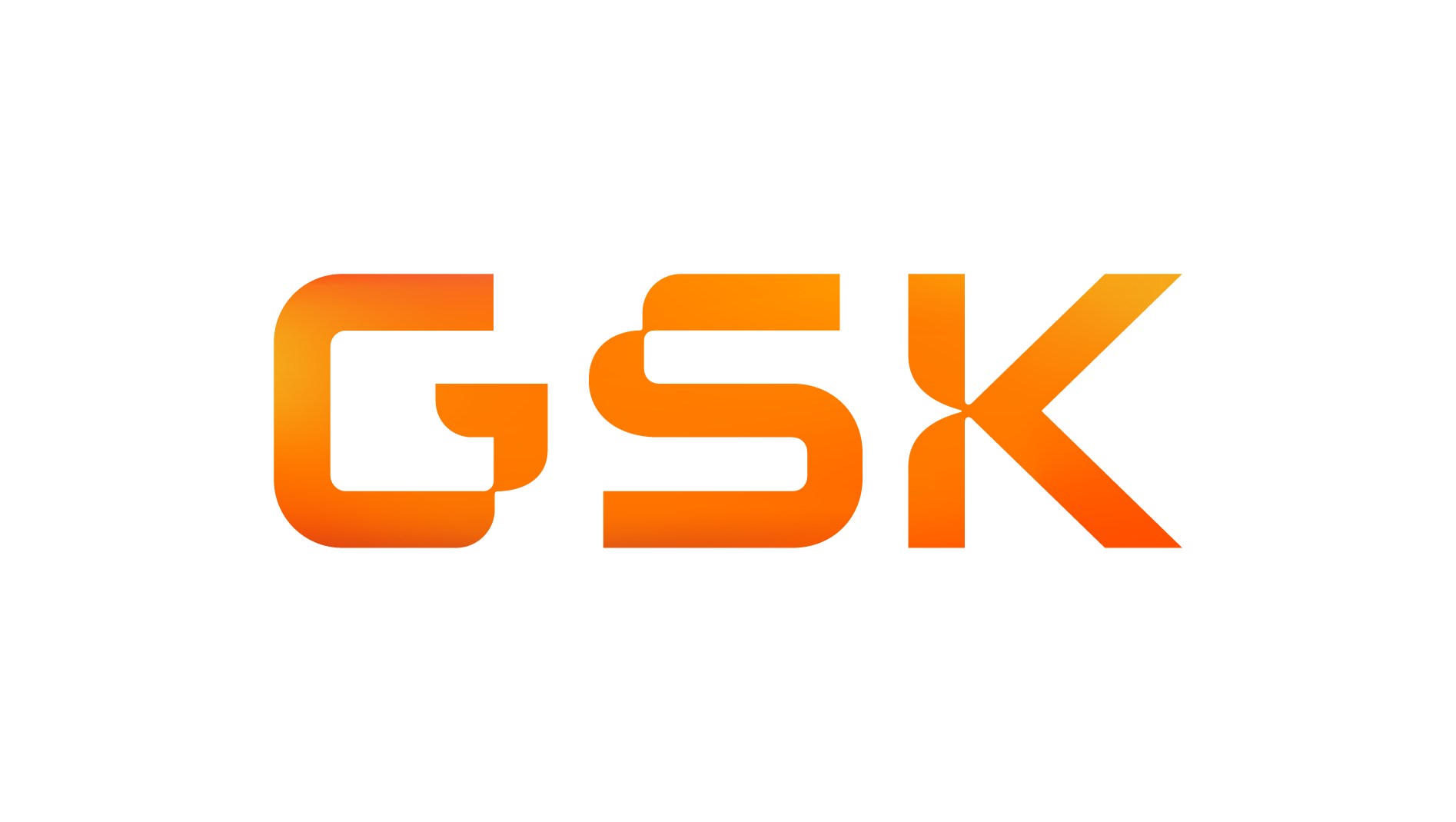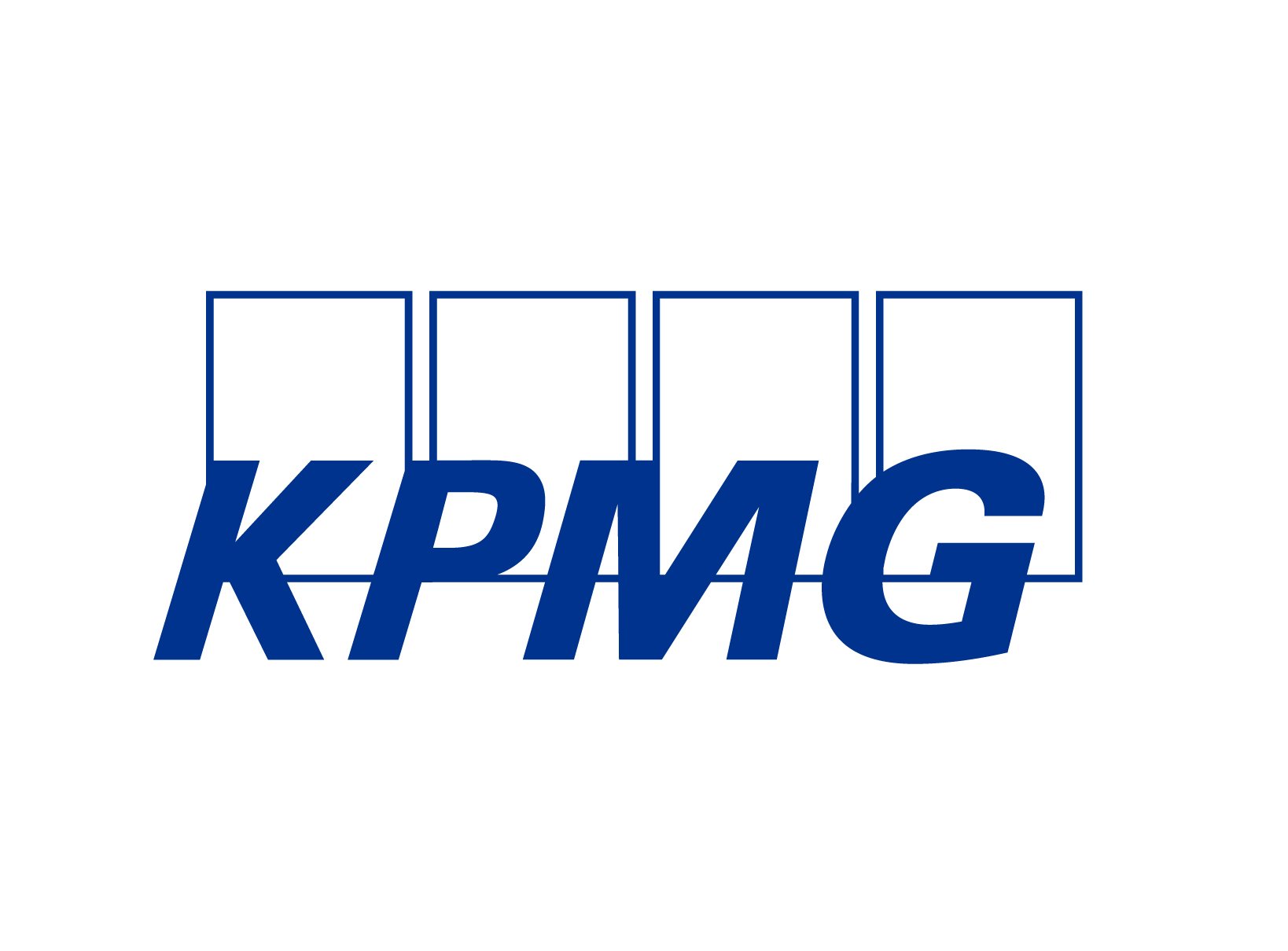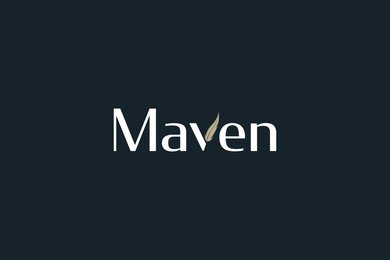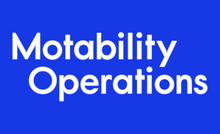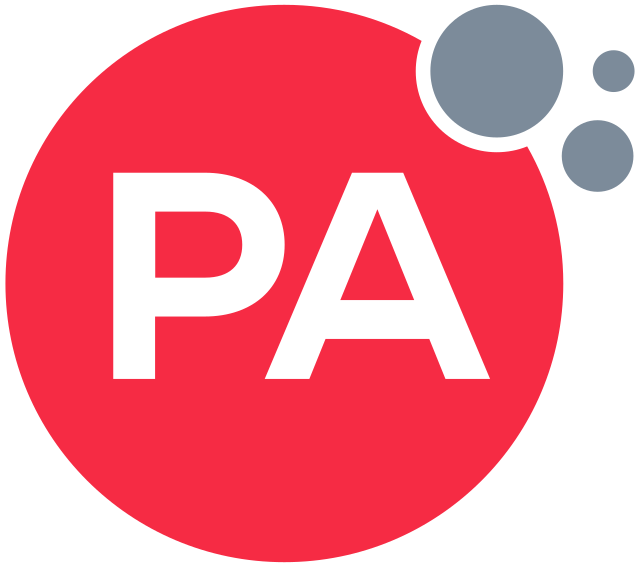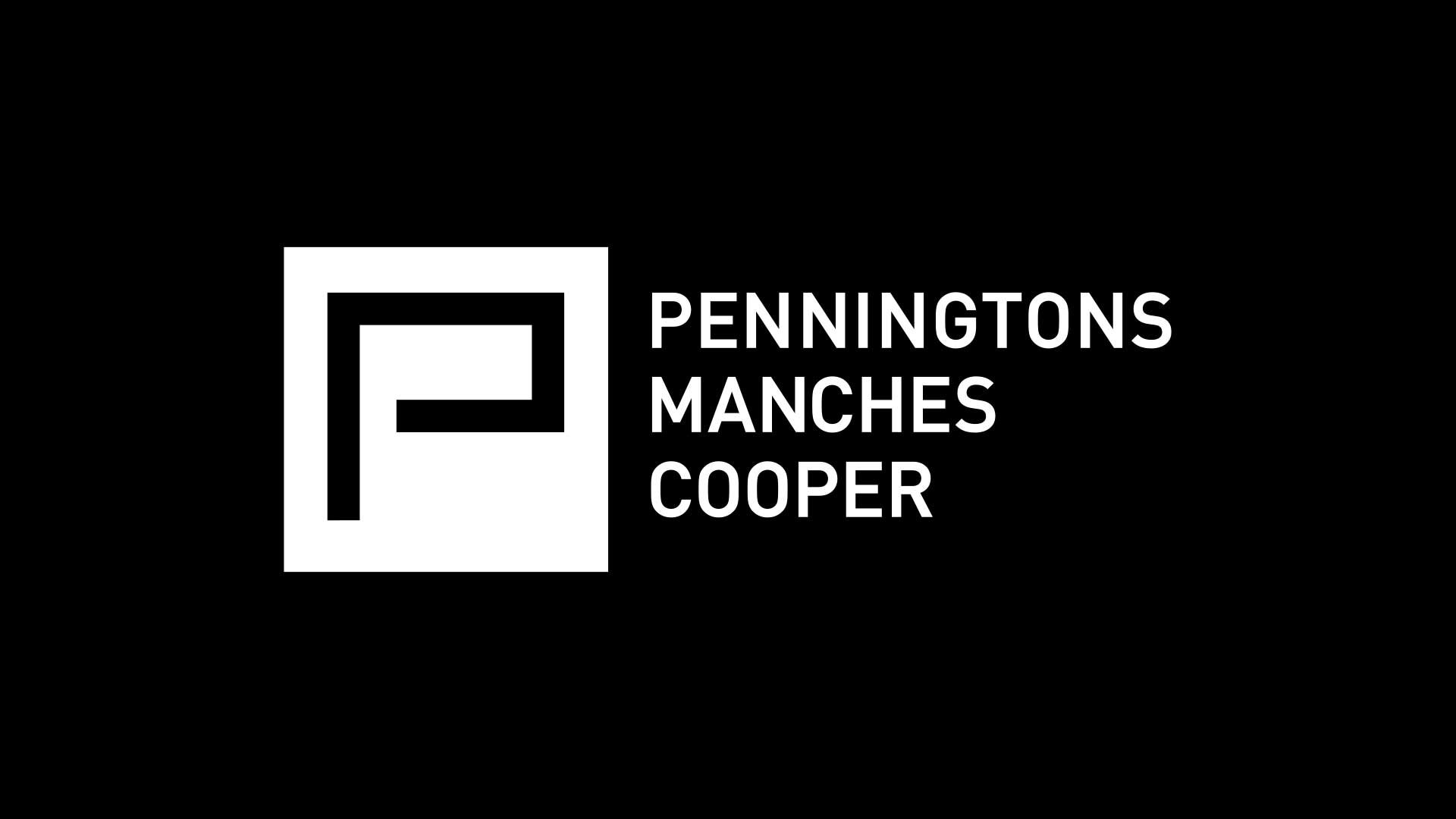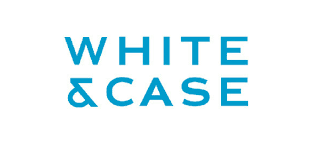With 16% of university students in the UK having a disability employers need to have a strategy which not only considers how to attract and recruit disabled students but also provides them with support enabling them to thrive and contribute to the organisation once they are employed.
Providing evidence & demonstrating commitment for Disability Confident Leadership
The UK Government Disability Confident scheme is an accreditation scheme which aims to help employers make the most of the opportunities provided by employing disabled people. The Disability Confident scheme has 3 levels that have been designed to support employers on their Disability Confident journey.
Retention is just as important as recruitment when it comes to disability employment
If your recruitment is slowing with the current uncertain economy, now is the perfect time to focus your attention on the retention element of disability employment and to review how you support and develop disabled employees to encourage them to stay. This will not only benefit your current disabled employees as well as other non-disabled employees who may become disabled whilst working for you, it will make you even more attractive to any future disabled candidates.
6 easy questions to ask yourself when managing someone with a disability
Cai shares his thoughts on some easy questions to ask yourself when managing someone with a disability. Cai developed Guillain Barre Syndrome, fibromyalgia, and a functional neurological disorder in his first year of university, and since then has launched Law According To A King (a legal blog and podcast, as well as an enrichment course for sixth formers), worked on international human rights research projects, and advocated for LGBTQ+ and disability inclusion.
5 areas of your recruitment process to review to ensure disability inclusion
Few employers still need convincing of the talent that exists among disabled individuals, with most organisations aware that to overlook this talent pool is to miss out on bright, motivated and able individuals. Instead, the challenge lies in what it actually means to have an inclusive resourcing process? And how can recruiters be certain that this is the case in their organisation?
How to encourage your disabled employees to share their story: 5 recommendations
With 21% of the working age population, and 15% of students in UK universities, having a disability most organisations recognise that they need to focus on attracting and retaining disabled individuals if they want to maximise their talent pool.
To do this, employers need to be inclusive of individuals with disabilities. However, it is easy to ‘say’ you are inclusive, it is much harder to demonstrate you ‘are’ inclusive. One of the most effective ways to bring your disability inclusion to life is via role models; current employees with a disability who share their story of how they manage their disability in the workplace and access the support they require to enable them to thrive.
Leveling the playing field: In conversation with Helen Cooke
Our CEO Helen Cooke joined Caroline Lindner for ‘Lets Talk Law’ The Law Careers Podcast for students at Kings College London, to discuss the importance of getting involved in university, owning your narrative, and debate whether individuals should disclose their disability or health condition to potential employers.
Understanding more about mental ill health and employment
Every year as part of our MyPlus Recruiters’ Club calendar we run an event on mental health and employment, and every year it is one of our most popular events amongst our employer members. This year was no exception. To help employers understand more about the challenges that early career individuals with mental ill health face and what can be done to support them during recruitment and in the workplace we were joined by experts working in mental health as well as those with first-hand experience of mental ill health.
Progressing disability confident employment
People are an organisations most valuable asset and business success is dependant on the ability to include and harness the unique talents of everyone, including individuals with a disability. Most progressive organisations will understand that disabled individuals have developed skills and talents to help them manage their disability, many of which are of great value to, and sought after by, employers.
8 easy ways to make your workplace more disability-inclusive
Cai shares his thoughts on what employers can do to make the workplace more inclusive for employees with disabilities. Cai developed Guillain Barre Syndrome, fibromyalgia, and a functional neurological disorder in his first year of university, and since then has launched Law According To A King (a legal blog and podcast, as well as an enrichment course for sixth formers), worked on international human rights research projects, and advocated for LGBTQ+ and disability inclusion.
Understanding the impacts and advantages of neurodivergent employment
Invest to get the best from disabled employees
Progressing the UK Government’s Disability Confident Scheme with MyPlus
Most employers in the UK will have either heard of the UK Government’s Disability Confident Scheme or are already progressing through the 3 Levels of the scheme. Many will have signed up because they feel it is the right thing to do and some will have done so as they see the value, strengths and skills that disabled individuals can, and probably already are bringing to their organisation.
Law According to a King Podcast
Is there a place for disability job boards?
Helen Cooke, CEO of MyPlus shares her thoughts on the launch of the MyPlus Professionals Job Board
I have always maintained that disabled job seekers don’t use disability specific job boards when searching for a job, not least that I wouldn’t if I was searching for a role now; I would use the same channels as any other person looking for a new role.
Disability focus: An opportunity for legal sector employment strategies
Like many other industries in the UK the pandemic has had an impact on the challenges that the legal sector faces when it comes to early years recruitment. Back in January 2020 law firm confidence was generally high with the war for talent raging, however according to various research reports the pandemic has changed the recruitment landscape for legal firms introducing a level of uncertainty.
Transition in an online blended world
Embracing difference in a virtual World
With 15% of a workforce being neurodiverse according to AGCAS and a 31% increase in neurodiverse graduates between 2011 and 2017 according to HESA, this represents a significant proportion of an organisation’s current and future workforce. However, according to CIPD only 10% of HR professionals consider neurodiversity in their people management practices.
Early years mentally healthy recruitment
6 Steps to effectively marketing your organisation to disabled students
For any organisation looking to target the talents of disabled students first impressions across all touch points in the early stages really count. Every interface the student encounters, from your website and careers events to company representatives who will engage with the student, must consistently make them feel that you are inclusive of everyone, including those with disabilities.
